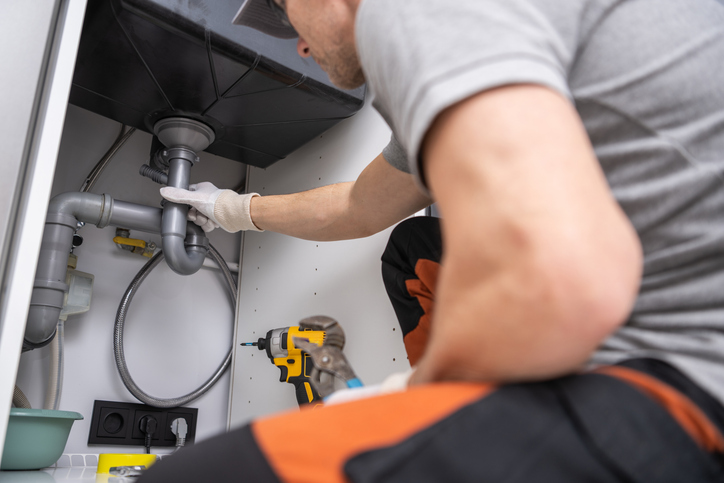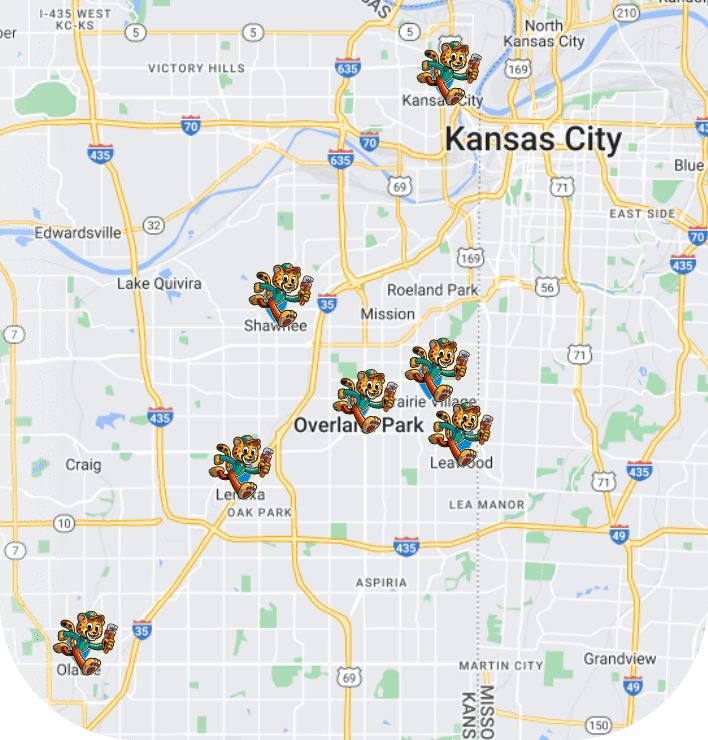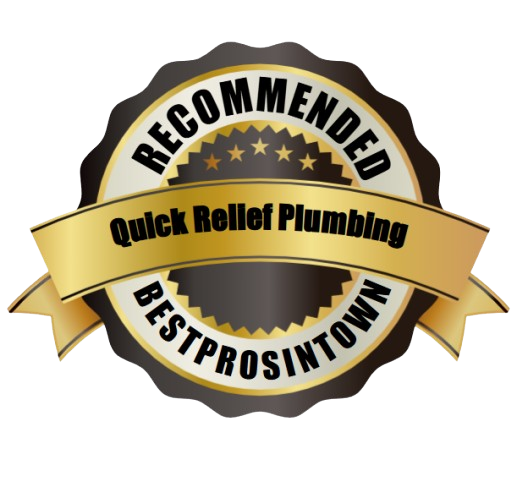A clogged drain is one of the most common and frustrating plumbing problems homeowners face. While it’s easy to ignore small blockages, the long-term consequences can be significant—leading to expensive repairs, water damage, and the inconvenience of emergency plumbing calls. Preventative drain cleaning offers an effective solution to avoid these issues before they escalate. In this article, we’ll explore the importance of regular cleaning, how it can help you avoid emergency plumbing situations, and the best practices to maintain a healthy plumbing system.
1. What is Preventative Drain Line Cleaning?
It refers to the routine maintenance of your plumbing system to remove debris, buildup, and blockages from your drains before they cause major problems. This proactive approach involves using various methods such as drain snaking, hydro-jetting, and enzyme treatments to clear pipes of grease, hair, soap scum, tree roots, and other materials that may accumulate over time. By scheduling regular cleanings, you reduce the risk of clogs and other plumbing issues that can lead to costly emergency calls.
2. How Preventative Cleaning Prevents Emergency Plumbing Calls
The most significant benefit is that it helps to prevent emergencies. When drains are cleaned regularly, there is less chance of severe blockages forming that can back up into your sink, bathtub, or toilet. Regular cleaning also identifies early signs of problems such as foul odors, slow drainage, or gurgling sounds that may indicate a potential clog, allowing you to address issues before they become full-blown emergencies. This proactive approach can save you from the hassle and expense of a last-minute plumbing crisis.
3. Common Causes of Drain Blockages
Several factors contribute to clogged drains, many of which can be prevented with regular maintenance:
– Grease and Oil: Over time, grease and oil from cooking can build up in your pipes, leading to stubborn blockages.
– Hair: Long hair, especially in bathrooms, can accumulate in drains and cause slow drainage.
– Soap Scum: Soap and shampoo residue can combine with minerals in the water to create a thick sludge that clogs pipes.
– Food Waste: Disposing of food scraps down the drain can lead to blockages, especially in kitchen sinks.
– Tree Roots: Roots can infiltrate underground pipes, causing blockages and leaks.
Regular cleaning helps prevent these common culprits from turning into major problems.
4. The Cost Savings of Preventative Cleaning
While it requires an upfront investment, it can save you significantly in the long run. Emergency plumbing calls are expensive, often costing hundreds of dollars, depending on the severity of the issue. By investing in regular cleaning, you reduce the chances of experiencing a plumbing emergency, minimizing the need for costly repairs. Moreover, preventing large blockages means avoiding potential water damage, which can be far more expensive than routine cleaning.
5. How Often Should You Schedule It?
The frequency depends on various factors, such as the size of your household, the age of your plumbing system, and the types of materials typically disposed of down your drains. However, a general guideline is to schedule professional services every 12 to 18 months. If you have a large family, older pipes, or regularly experience slow drains, more frequent cleanings may be necessary. It’s best to consult a plumbing professional to assess your system’s needs and establish a maintenance schedule that works for you.
6. Signs That Your Drains Need Attention
While preventative cleaning is essential, it’s important to stay vigilant about the condition of your drains. Here are some warning signs that your drains may need attention:
– Slow Drainage: If water is taking longer than usual to drain from sinks, tubs, or showers, it may indicate a partial clog.
– Unpleasant Odors: Foul smells emanating from your drains can suggest a buildup of organic matter or mold.
– Gurgling Sounds: If you hear gurgling noises when drains, air pockets could be trapped in your pipes due to a blockage.
– Frequent Clogs: If you’re dealing with clogged drains often, it may be time for a professional cleaning.
– Water Backups: Standing water in sinks or bathtubs, or water backing up into other drains, is a clear sign of a serious issue.
If you notice any of these signs, it’s important to schedule preventative cleaning before the situation worsens.
7. Methods Used for Preventative Cleaning
Several methods are used for this task, each with its benefits:
– Drain Snaking: A drain snake is a flexible auger used to break up clogs and remove debris from pipes. It’s effective for clearing small to medium blockages.
– Hydro-Jetting: Hydro-jetting uses high-pressure water to flush out grease, scale, and other debris from the inside of your pipes. This method is highly effective and is often used for tough blockages.
– Enzyme Treatments: Eco-friendly enzyme cleaners can help break down organic matter in your pipes, preventing future blockages without the use of harsh chemicals.
– Pipe Inspections: A video camera inspection can identify problems in your pipes before they lead to major issues, such as leaks or tree root intrusion.
A professional plumber can assess your needs and recommend the best method for cleaning your drains.
8. DIY vs. Professional Drain Line Cleaning
While some homeowners may try DIY methods, such as using store-bought plungers, these solutions are often only temporary fixes. Chemical drain cleaners can be harsh on pipelines, and plungers may not fully address the underlying problem. Professional drain line cleaning, on the other hand, provides a more thorough solution by utilizing specialized tools and techniques. A licensed plumber will not only clear the blockages but also identify potential problems that could cause issues in the future.
9. The Environmental Impact
One of the benefits of preventative drain line cleaning, especially when using methods like hydro-jetting or enzyme treatments, is the positive environmental impact. Unlike chemical drain cleaners, which can be harmful to the environment and your pipes, eco-friendly methods are safe for both your plumbing system and the planet. Additionally, regular maintenance guarantees that waste doesn’t accumulate in your pipes, preventing environmental hazards such as water contamination or leaks.
10. Choosing the Right Plumbing Service
When selecting a plumbing company, it’s important to choose a provider with experience and a good reputation. Look for plumbers who are licensed and insured, and who offer a range of services. A reputable plumbing company will use the latest tools and technologies to guarantee that your drains are cleaned thoroughly and safely. Check reviews and ask for recommendations to guarantee that you are choosing a company that values customer satisfaction.
This is an essential part of maintaining a healthy plumbing system and avoiding emergency plumbing calls. Regular maintenance not only prevents blockages and costly repairs but also guarantees that your plumbing operates efficiently, saving you money in the long run. By scheduling routine cleaning and staying vigilant for signs of trouble, you can avoid the stress and expense of plumbing emergencies. Don’t wait until your drains are clogged—invest in preventative maintenance today for peace of mind tomorrow.
Are you ready to avoid emergency plumbing calls? Contact us today to schedule your preventative drain cleaning and guarantee your plumbing system stays in top condition. Let our experts handle the hard work so you don’t have to worry about the next clog!









